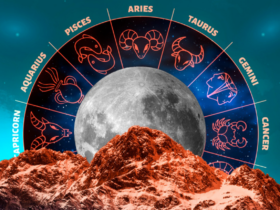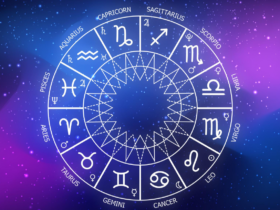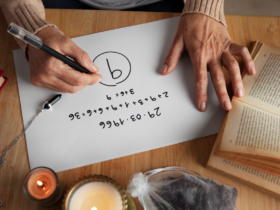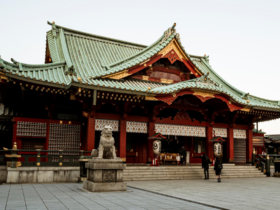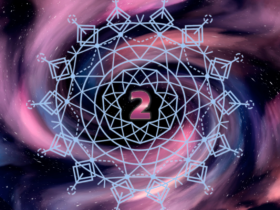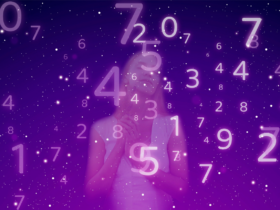Numerology, the study of the mystical significance of numbers, has woven its way into the tapestry of various cultural traditions around the world. From ancient civilizations to modern societies, the fascination with numbers and their perceived influence on human life has endured through the ages. This article delves into the diverse perspectives on number magic within different cultural contexts.
Ancient Roots
Numerology traces its roots back to ancient civilizations, where numbers were believed to possess spiritual and cosmic significance. In ancient China, for instance, the concept of “li” emphasized the mystical connection between numbers and the universe. Similarly, in ancient Egypt, numbers were associated with the divine, influencing everything from religious practices to architectural designs.
Pythagorean Influence
The Pythagorean school of thought significantly shaped the Western understanding of numerology. Pythagoras, the ancient Greek mathematician and philosopher, asserted that numbers were the building blocks of reality. He assigned specific meanings to each number, considering them not just as mathematical entities but as symbols with inherent spiritual significance. This laid the groundwork for Western numerological traditions that persist to this day.
Speak to a live horoscope expert. Find clarity, connection and a path forward.
CLICK HERE AND START YOUR READING!
Cultural Symbolism
Numerology is often intertwined with cultural symbolism, where specific numbers carry unique meanings. For example, the number 7 holds great significance in various cultures, symbolizing completeness and perfection. In Judeo-Christian traditions, the number 7 is associated with the creation story, while in ancient Hinduism, there are seven chakras representing spiritual energy centers.

Numerology in Everyday Life
While some may dismiss numerology as mere superstition, others incorporate it into their daily lives. Many cultures consult numerologists for insights into important life decisions, such as marriage, career choices, and even naming their children. The belief that certain numbers can bring good fortune or ward off negative energy persists in various communities worldwide.
Related: Numerology and Entrepreneurial Talents: Using Your Numbers to Succeed in Business
Modern Adaptations
In the contemporary era, numerology has adapted to fit the changing landscape of spirituality and self-discovery. Some individuals turn to numerology as a tool for introspection, seeking to uncover insights into their personalities and life paths. Online platforms and apps now offer numerology readings, making it more accessible to those curious about exploring the mystical world of numbers.
Numerology in cultural traditions showcases the enduring fascination humans have with numbers and their perceived influence on our lives. Whether rooted in ancient civilizations, shaped by philosophical schools of thought, or adapted to modern practices, the allure of number magic persists. The diverse perspectives on numerology across cultures highlight the rich tapestry of beliefs that contribute to the human experience, inviting us to explore the mystical world that numbers continue to unveil.




